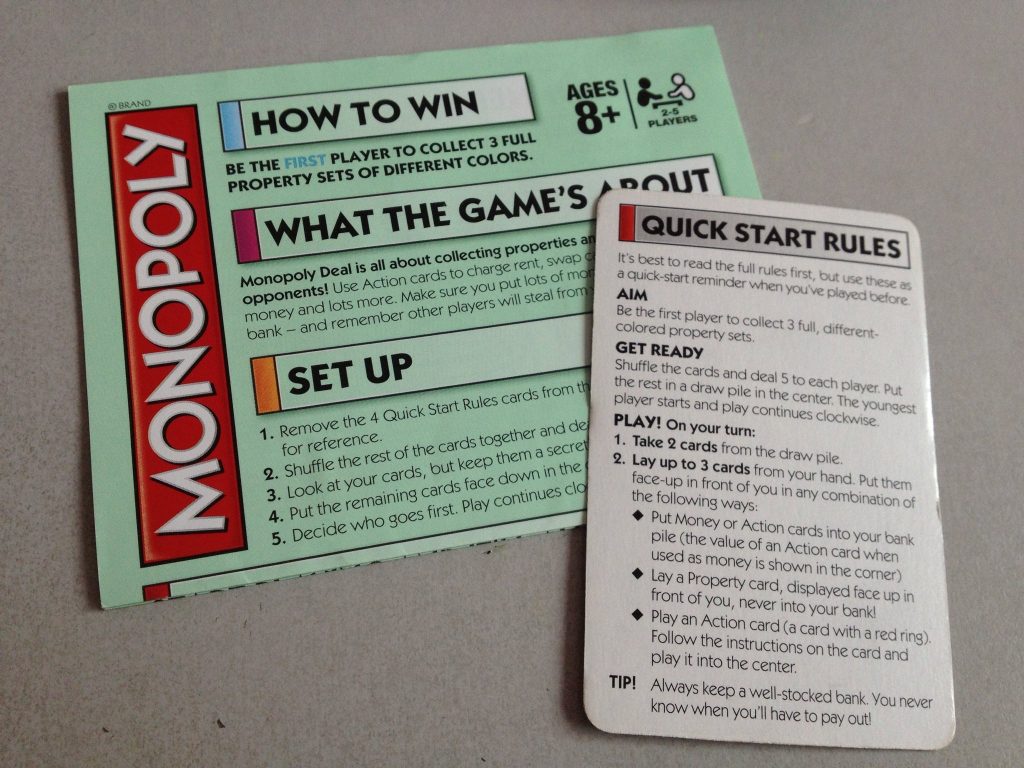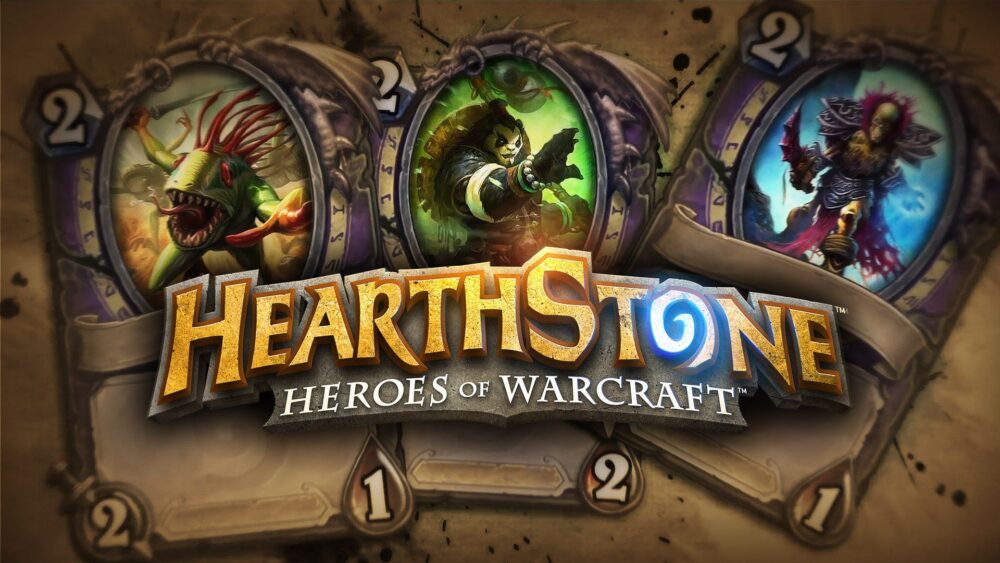Monopoly is one of the most famous board games, a true classic of strategic gameplay. Over the decades, it has evolved into hundreds of variations, including digital versions that allow you to compete with friends and opponents around the world. To help you understand how to play online Monopoly, we have created a comprehensive guide that covers the basic rules, strategies, and tips for winning.
The history of the board game: How Monopoly was created
The modern version dates back to the early 20th century, but its roots go back even further. The first version, known as “The Landlord’s Game,” was developed in 1903 by Elizabeth Magee, who wanted to demonstrate the flaws of a monopolistic economy.
Decades later, Charles Darrow adapted the concept by adding modern elements such as Chance cards, real estate purchases, mortgages, and bankruptcy. In 1935, Parker Brothers acquired the rights to the game, and it soon gained popularity worldwide.

Today, there are many versions, including digital adaptations. Online Monopoly allows you to participate in a game from anywhere, without having to spend time setting up the board, and the game’s built-in artificial intelligence ensures that the rules are followed.
How to Play Monopoly: Game Rules and Online Features
 The main goal is to accumulate wealth by purchasing real estate, developing it, and bankrupting your opponents. The classic rules involve moving around the game board, purchasing streets, building structures, and conducting financial transactions.
The main goal is to accumulate wealth by purchasing real estate, developing it, and bankrupting your opponents. The classic rules involve moving around the game board, purchasing streets, building structures, and conducting financial transactions.
In the online version, the gameplay has been adapted for seamless digital interaction. An automated bank handles transactions, the roll of the dice is determined by a random algorithm, and trading between players is facilitated through a user-friendly menu. Some platforms introduce unique mechanics, such as accelerated modes, time limits, and tournaments with cash prizes.
Various online portals offer a variety of systems, including single-player games against AI, quick matches with reduced rules, and full-fledged strategic battles with real players.
How to Play Online Monopoly: Which Strategies to Choose
Mastering the monopoly requires not only luck, but also proper planning. Beginners often make mistakes by purchasing the first available property or ignoring key areas of the field. However, there are proven strategies that can increase the chances of success, such as:
- Optimization of investments. The development of a monopoly is based on the purchase of real estate. The optimal option is to acquire colorful streets that can generate a stable income. The most profitable areas are the orange and red sections, as they are statistically the most frequently visited.
- The trading system. Trading with rivals allows you to exchange assets profitably. For example, if your opponent owns two streets in the same group and you own the third, you can offer to exchange or buy it at an inflated price. This will help you control the development of their monopoly.
- Focus on development. Building houses and hotels increases the profitability of properties significantly. Delaying investments reduces the effectiveness of strategies, as other players may occupy key areas.
- Managing finances. Having a cash reserve is important for survival. Avoiding unnecessary purchases and managing your budget wisely can help you avoid getting into debt.
- Ignoring the outer streets. Expensive neighborhoods like Park Place and Broadway in the classic version look attractive, but they are rarely visited. It is much more profitable to invest in the middle-priced sectors.
A well-balanced combination of these principles will allow you to confidently move towards victory, even if the game is not going your way.
How to Play Online Monopoly and Win: Expert Tips
Winning in Monopoly depends not only on a successful roll of the dice, but also on a strategic approach to the game. Mistakes in the early stages can lead to financial difficulties in the later stages, so it is important to build an effective strategy from the beginning. Proper asset management, well-thought-out interactions with opponents, and a reasonable distribution of resources significantly increase the chances of success.
One of the key factors is the formation of monopolies, which involves the complete ownership of certain groups of properties. This allows players to set high rental rates and dominate the economic landscape of the game. Even if some streets seem less valuable at first glance, they provide an advantage due to their stable income and ability to block other participants. For example, orange and red zones are considered some of the most visited according to statistics, which means that acquiring them significantly increases the chances of winning.

It is also important to consider the importance of leaving prison in a smart way. At the beginning of the game, being detained does not have serious consequences, as players are just starting to acquire real estate. However, in the later stages, being imprisoned can lead to significant financial losses, as missing out on rental income and transactions. It is best to pay the bail in a timely manner and return to the active session to avoid being in a disadvantageous position.
Participating in auctions is also an important tool for winning. Often, competitors underestimate the value of auctions and are not willing to invest in purchasing streets at high prices. Experienced players know that making a profitable purchase at an auction can be a crucial factor in development. By strategically bidding for properties, they can acquire them at a lower cost than their face value, creating a financial advantage.
Special attention should be paid to negotiating with other participants. Excessive rigidity in transactions often leads to competitors avoiding cooperation, making it difficult to obtain key assets. It is much more effective to create mutually beneficial offers that benefit both players.
Why Monopoly Remains Popular: Key Aspects of Playing the Online Game
Despite decades on the market, the board game remains popular due to its combination of excitement, strategy, and competitive elements. The main factors that keep the format relevant include:
- A variety of versions. There are classic, thematic, and digital adaptations that expand the audience.
- Easy to learn. The basic mechanics are intuitive, but the depth of strategy makes each game unique.
- Social aspect. Games with friends and family create an atmosphere of competition and fun.
- Development of logic and financial thinking. The gameplay teaches planning, resource management, and decision-making.
Taken together, these factors give the game a cult status and make it popular in all its variations, including online versions.
Conclusion
 The digital version of the popular board game retains all the features of the classic format, but adds convenience and speed of interaction. After learning the basic rules of how to play online Monopoly, you can participate in matches with friends, random players, or artificial intelligence.
The digital version of the popular board game retains all the features of the classic format, but adds convenience and speed of interaction. After learning the basic rules of how to play online Monopoly, you can participate in matches with friends, random players, or artificial intelligence.
 en
en  ru
ru  de
de  ar
ar  es
es  nl
nl  hi
hi  fr
fr  it
it  pt
pt  el
el 











